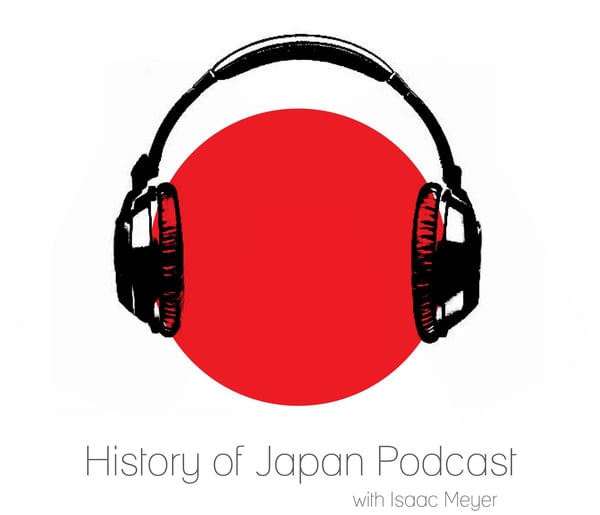Episode 56 - The Tea Master
History of Japan
Isaac Meyer
4.8 • 744 Ratings
🗓️ 14 June 2014
⏱️ 22 minutes
🧾️ Download transcript
Summary
This week, we're going to be talking about Japan's legendary tea master Sen no Rikyu. We'll discuss his cultural background, the reasons for his rise, his sudden fall, and his massive impact on Japanese culture.
Transcript
Click on a timestamp to play from that location
| 0:00.0 | Hello and welcome to the History of Japan podcast, episode 56, The Teamaster. |
| 0:23.7 | For the next few weeks, I want to move things along a more culturally oriented bent, |
| 0:28.6 | and away from the high politics I usually focus on. |
| 0:32.5 | Complimenting that, this week I want to talk about a man who has, in many ways, |
| 0:44.3 | become identified with the flowering of culture during the late Senkoku, and what is known as the Azuchi Momoyama period. |
| 0:50.3 | He's a tremendous cultural figure, with some surprising cultural ties as well. I'm talking, of course, about Sen Norikyu. |
| 1:03.0 | Senorikyu was born in 1522 in Sakai, the trading city that forms the nucleus of what is now Osaka. The city has always been a trade hub even during the time of the Sengoku. |
| 1:07.0 | It was dominated by merchants, and that was Rikyu's background. His father operated a warehouse |
| 1:13.2 | along the wharves of Sakai. This makes him a merchant by birth, and thus puts him on the lower |
| 1:18.9 | end of the social strata. Now, note the birth year, 1522. That's about smack in the middle of the |
| 1:26.6 | Singoku period. The country has already been at war for 60 years, and the fighting will continue for another 60-odd yet. |
| 1:33.3 | As you might expect, this did restrict trade to a large degree. |
| 1:38.3 | The wars between the various domains did inhibit the free flow of trade, |
| 1:42.3 | and after the wars ended, trade would in turn revive to a large degree. |
| 1:48.7 | However, the merchant class still did fairly well out of the Sangoku. The domain lords had to convert their wealth, |
| 1:55.5 | in the form of rice extracted from their lands, into gold and silver they could use to pay their armies |
| 2:00.7 | in order to stay secure. |
| 2:03.2 | The merchant class provided that service and did fairly well out of the deal. |
| 2:08.9 | Senorikyu's parents were apparently of this class of merchant because they were pretty well off. |
| 2:14.1 | At the very least, they were wealthy enough that they could afford an education for their son, |
| 2:18.6 | and hired tutors to teach him how to read, how to write, and to give him a basic education on the Chinese classics, |
| 2:24.9 | as well as a degree of cultural education. |
... |
Please login to see the full transcript.
Disclaimer: The podcast and artwork embedded on this page are from Isaac Meyer, and are the property of its owner and not affiliated with or endorsed by Tapesearch.
Generated transcripts are the property of Isaac Meyer and are distributed freely under the Fair Use doctrine. Transcripts generated by Tapesearch are not guaranteed to be accurate.
Copyright © Tapesearch 2025.

